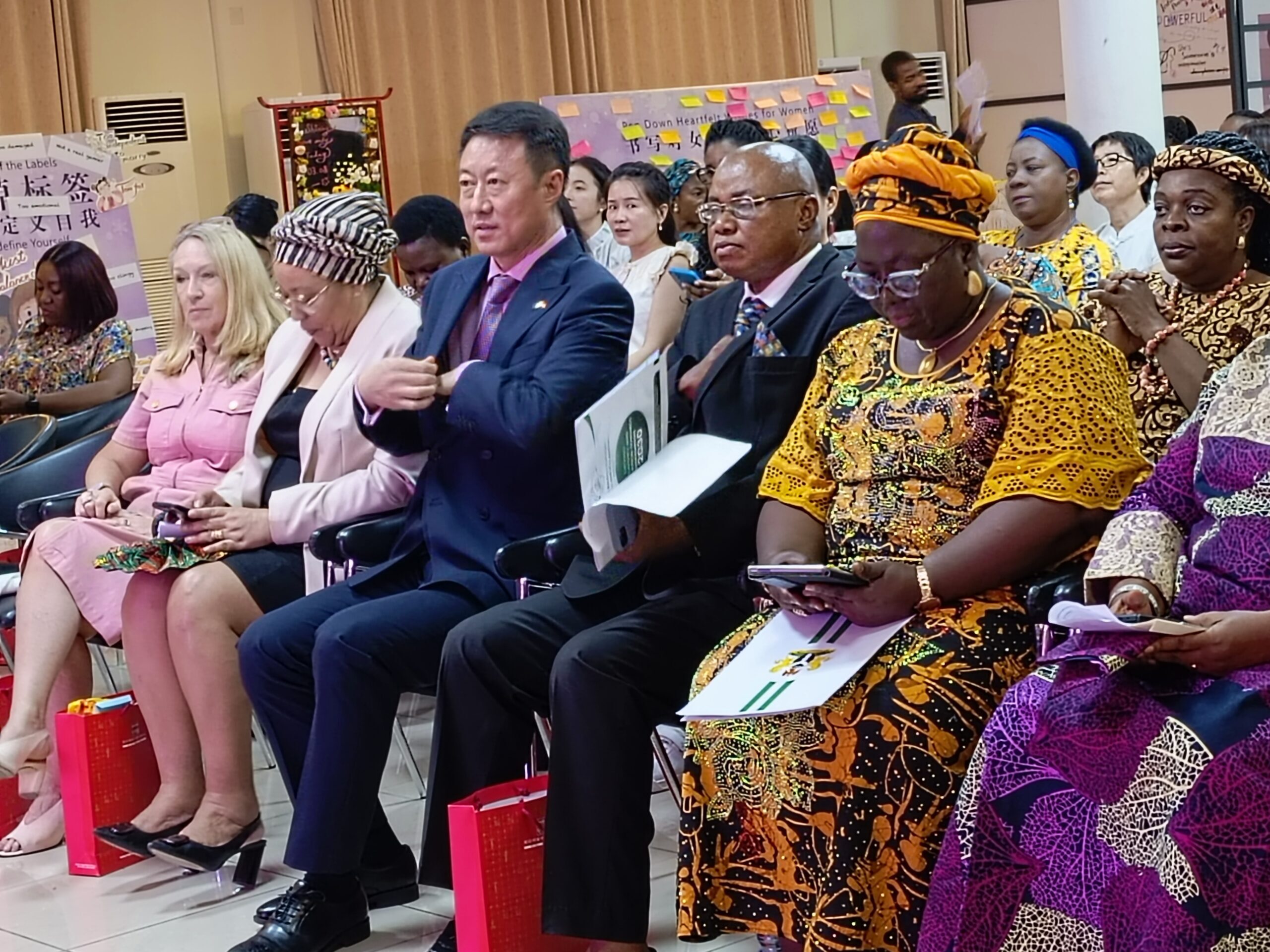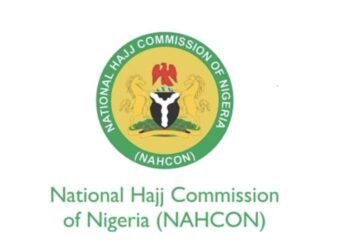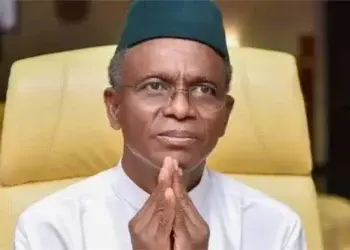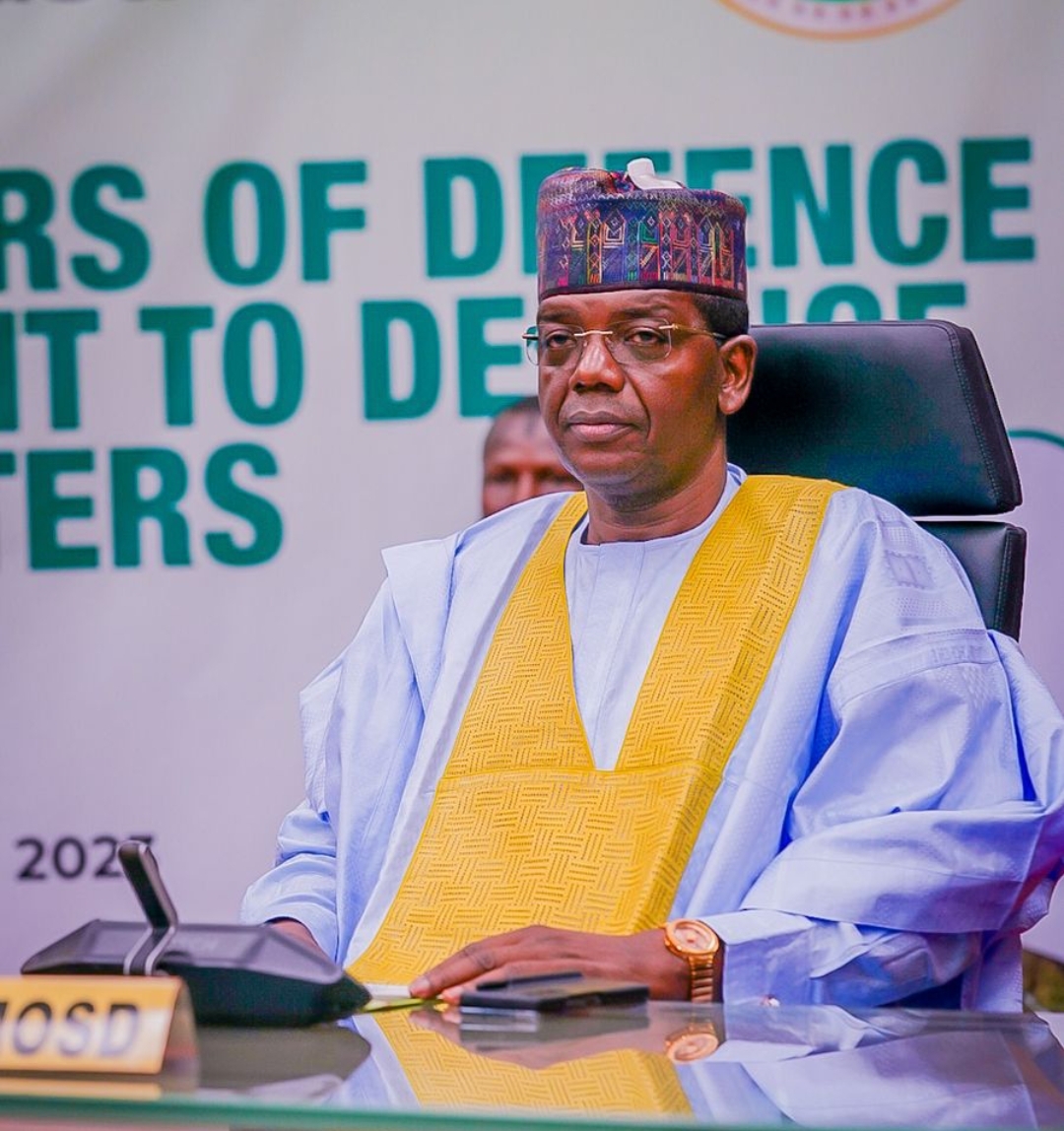By Abubakar Yunusa, Abuja
The Chinese Ambassador to Nigeria and ECOWAS, Yu Dunhai, has reaffirmed China’s commitment to deepening cooperation with Nigeria, particularly in empowering women and fostering bilateral relations.
Speaking at the 2025 International Women’s Day celebration in Abuja,hosted by Embassy of China to Nigeria and Federal ministry of Women affairs of Nigeria on Friday, Ambassador Yu highlighted China’s efforts to implement the Ten Partnership Action Plans and enhance exchanges between women in both nations.
Addressing the event, themed Her Story, Her Future, Ambassador Yu praised the role of Chinese women in driving economic and social progress, stating: “Chinese women have truly become the ‘half of the sky’, making significant contributions to national development.”
He expressed confidence that more women would benefit from high-quality cooperation under the Belt and Road Initiative, allowing them to realise their aspirations and shape a prosperous future.
The ambassador noted that China-Nigeria relations had reached new heights following President Bola Tinubu’s visit to China last year and his participation in the Beijing Summit of the Forum on China-Africa Cooperation.
He credited women from both countries with playing a crucial role in strengthening these ties across multiple sectors.
“Over the years, practical cooperation between China and Nigeria has deepened in various fields, providing Nigerian women with improved medical care, agricultural skills, and increased business opportunities,” he stated.
China has also prioritised gender equality, establishing a legal framework with over 100 laws and regulations protecting women’s rights.
Ambassador Yu highlighted key achievements, including an average life expectancy of nearly 81 years for Chinese women and the elimination of gender disparities in education. Notably, women now make up 45% of China’s workforce, and in the internet sector, female entrepreneurs outnumber their male counterparts at 55%.
He also pointed to the ongoing “Two Sessions” political meetings in Beijing, where women are actively participating as representatives to shape national policies.
“China’s progress in gender equality and women’s development is not just a reflection of our human rights practices but also a significant contribution to global equality, development, and peace,” he said.
In a goodwill message, Nigeria’s Minister of Art, Culture, Tourism, and Creative Economy, Hannatu Musawa, commended Nigerian women for their outstanding achievements on the global stage.
She highlighted prominent figures such as Dr Ngozi Okonjo-Iweala, Director-General of the World Trade Organization, and Amina Mohammed, Deputy Secretary-General of the United Nations, as shining examples of Nigerian excellence.
Represented by the ministry’s permanent secretary, Hon. Oraeluno Obinenye Raphael, the minister likened women’s contributions to the indispensable role of water, stating: “Women are life. Without them, there is no life. Despite their many responsibilities, they remain the foundation of homes, society, and character formation.”
Hon. Mrs Olubunmi Olowookere, Permanent Secretary of the Social Development Secretariat of the Federal Capital Territory Administration, emphasised the resilience and courage of women throughout history.
She underscored the need for a future where women’s contributions in science, business, the arts, and leadership are fully recognised and celebrated.
“As we honour the past, we must also commit to a future where education, equality, and empowerment are fundamental rights, not privileges,” she declared.










